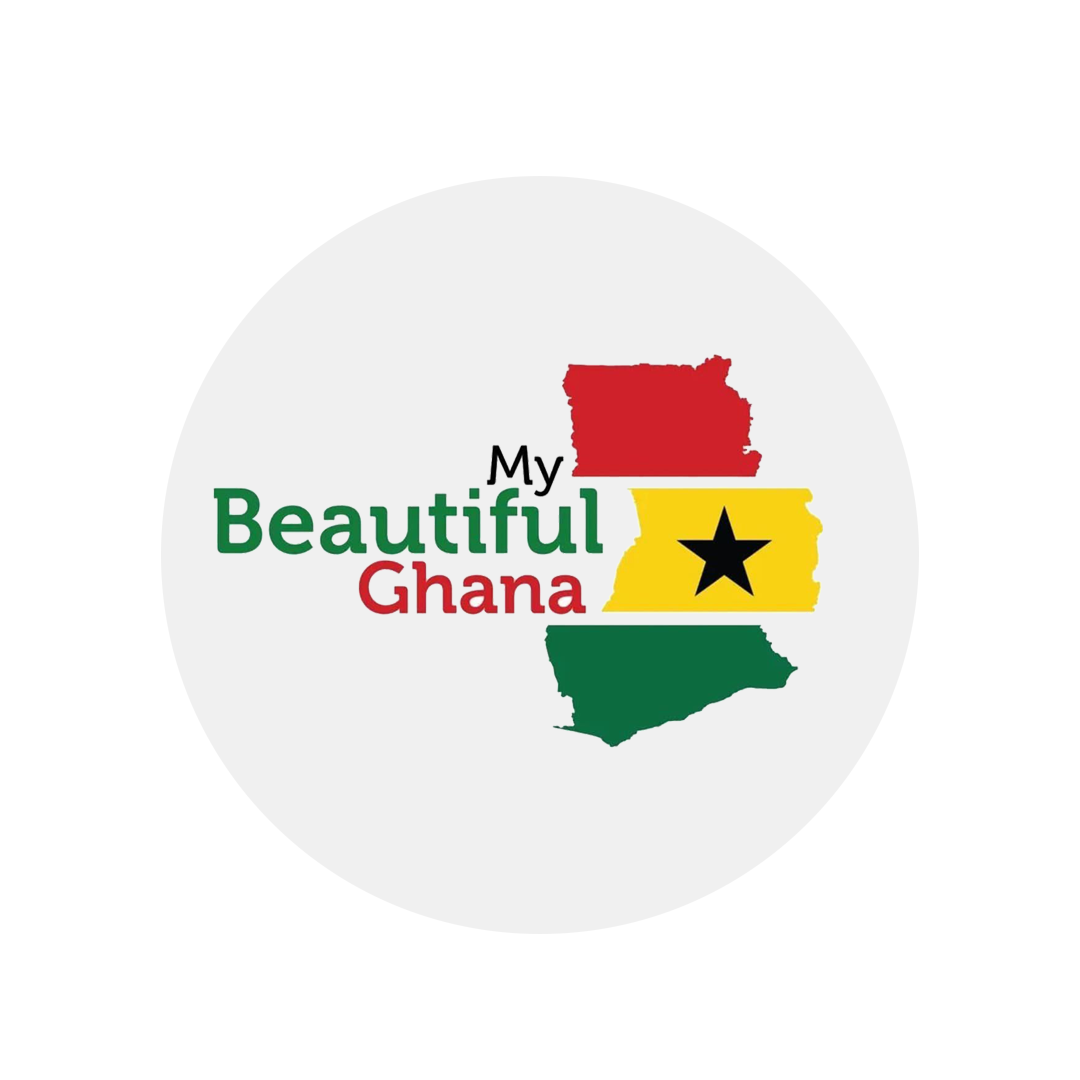Residency & Citizenship

Permit Categories:
Investment/Business
For GIPC-registered business owners and investors
Employment
For specific job appointments with Ghanaian companies
Self-Employment
For entrepreneurs and freelancers
Study
For educational pursuits at recognized institutions
Retirement
For retirees with adequate financial support
Establishing Your Ghana Base - Standard Residence Permits
Foreign nationals can obtain residence permits for various purposes, valid for up to four years initially and renewable for up to eight years total.
3.5
K +Happy Traveler
3.5
K +Happy Traveler
3.5
K +Happy Traveler
5.0 Rating out of 5.0 based on 245354 reviews
Application Requirements:
Residency & Citizenship
Valid passport and entry permission
Specific Purpose Documentation:
Business registration, employment contract, etc.
Medical examination conducted in Ghana (GHS 900)
Ghana Non-Citizen ID Card (USD 120 annually)
- 5.0 Rating out of 5.0 based on 245354 reviews
Application Requirement Fees:
ECOWAS Nationals: USD 500 for work permits
Other Foreign Nationals: USD 1,000 for work permits
GIPC/NGO/Missionary Permits: USD 300 for all foreign nationals
Processing Time: 2-3 weeks with complete documentation

Eligibility Requirements:
Minimum Residency
6 years continuous residence in Ghana
Contribution Requirement
Demonstrated substantial contribution to Ghana's development
Spousal Benefits
Foreign nationals married to Ghanaians may qualify under more favorable terms
Family Inclusion
Spouses and dependents can be included in applications
Indefinite Residence Permits
For long-term residents seeking permanent status, indefinite residence permits offer unlimited stay and work authorization.
3.5
K +Happy Traveler
3.5
K +Happy Traveler
3.5
K +Happy Traveler
5.0 Rating out of 5.0 based on 245354 reviews
Indefinite Residency - Benefits:
Unlimited entry and exit from Ghana
Work authorization without separate permits
Path to eventual citizenship
Property ownership rights

Naturalization Requirements:
Residency
5 years continuous residence (may be reduced in special circumstances)
Language
Ability to speak and understand a Ghanaian language
Integration
Demonstrated integration into Ghanaian society
Contribution
Evidence of positive contribution to national development
Character:
Good moral character and no criminal record
Becoming a Ghanaian National - Naturalization Process
Ghana offers citizenship through naturalization for long-term residents who meet specific criteria.
3.5
K +Happy Traveler
3.5
K +Happy Traveler
3.5
K +Happy Traveler
5.0 Rating out of 5.0 based on 245354 reviews
Indefinite Residency - Benefits:
Dual Citizenship
Ghana permits dual citizenship, allowing you to maintain your original nationality while acquiring Ghanaian citizenship.
Diaspora Citizenship Opportunities
Ghana's diaspora-friendly policies create pathways for people of Ghanaian descent to reclaim citizenship.
Right of Abode
Persons of Ghanaian descent can apply for Right of Abode, providing many citizenship benefits without full naturalization.
Quality of Life & Practical Considerations
Cost of Living: Affordable Luxury
Ghana offers an attractive cost of living ratio, particularly for expatriates and investors with foreign currency income.
Living Costs (2025 Estimates):
- Housing:$250-$3,000/month depending on location and quality
- Utilities:$100-$300/month for electricity, water, internet
- Transportation:$200-$500/month for car ownership or ride-sharing
- Food & Dining:$300-$800/month for varied dining options
- Healthcare:$100-$500/month for comprehensive private insurance
- Education:$5,000-$15,000/year for international schools
Healthcare: Growing Standards
Ghana’s healthcare system combines public and private options with improving international standards.
Healthcare Options:
- Private Hospitals:International-standard facilities in major cities
- Health Insurance:National Health Insurance Scheme plus private options
- Medical Tourism:Growing sector with specialized facilities
Pharmaceutical Access: Local and international medication access
Education: International Standards
Ghana offers quality education options for families and continuing education for professionals.
Educational Opportunities:
- International Schools:American, British, and IB curriculum options
- Universities:Recognized institutions including University of Ghana and KNUST
- Professional Development:Business schools and skills training programs
- Online Learning:Global connectivity for remote education
Infrastructure: Rapidly Improving
Ongoing infrastructure investment improves quality of life and business operations.
Infrastructure Developments:
- Digital Connectivity:Expanding fiber optic and mobile networks
- Transportation:Airport upgrades and road network expansion
- Power Supply:Stable electricity with renewable energy expansion
- Water Systems:Improved municipal water treatment and distribution


